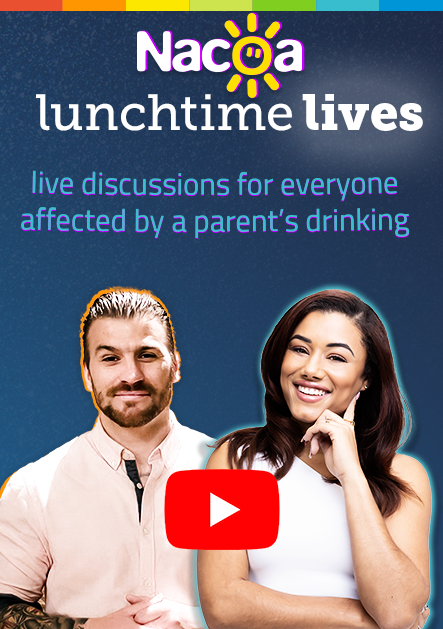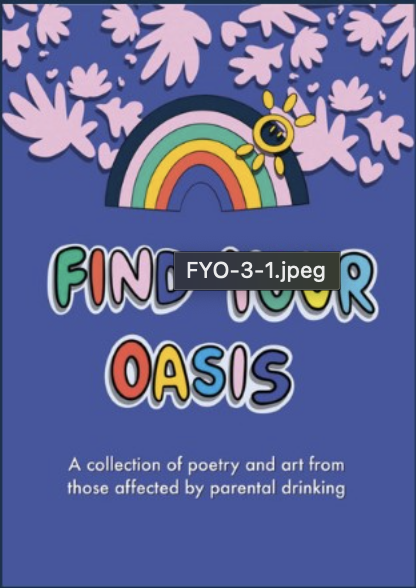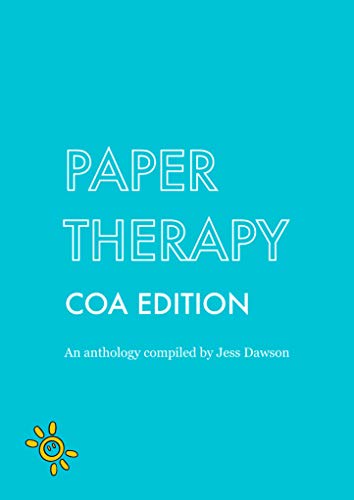

How to help an alcoholic
When someone is drinking too much, it can be hard to know what to do or say. How do you help or support an alcoholic loved one or family member?
Alcohol problems are like an illness where the person has lost control over their drinking and usually needs help to stop. This is often called alcoholism or alcohol dependency. They end up needing alcohol to feel ‘normal’ and continue to drink even when it is having a negative effect on their lives, their health, and people around them.
Often the person drinking doesn’t realise they have a problem. Even if they become aware something is wrong, they may not think it is to do with drinking. They may blame other people or problems in their life and see drinking as the solution. They can become secretive and often try to explain away how much they drink, when and where.
Not sure if they have a problem with alcohol? If you feel affected by someone else’s drinking, there could be an issue. You may find it helpful to look at our Other Person Diagnosis sheet.
So how do you help an alcoholic? There are people and places that can help when someone has an alcohol use disorder, but as hard as it is for family and friends, the person with the drink problem has to accept they have a problem and be ready to accept help.

What can you do to help an alcoholic or someone who drinks too much?
- Spend time finding out about alcohol problems. You don’t need to be an expert, but having some understanding can help you to feel more prepared.
- Find out about help available for people with alcohol problems so you have information ready if they want to stop or cut down their drinking. It is not your responsibility to make them find help, but knowing what support is available can be comforting. When people are physically dependent on alcohol, stopping drinking suddenly can be dangerous so it is always safest to seek medical advice.
- Talk to them about your concerns.
– Try talking when they are least likely to have been drinking, and you are in a safe, private place and have time to talk.
– Express your concerns about their drinking in a caring way. Try not to judge them. Some people react negatively to labels such as “alcoholic”, so you could talk about drinking more generally.
– Focus on how you are feeling, rather than their actions, for example, saying “I am worried about you” rather than “Your drinking is worrying me” or “I am concerned about how much you’re drinking” rather than “You’re drinking too much”.
– Use open questions, such as, “How are you?” and “I’ve noticed X, what do you think?” instead of “Don’t you think you have a problem?”
- Stop covering up or clearing up after them. It can sometimes be useful for the person drinking to see the consequences of their behaviour and this can also be less exhausting for you. You are not responsible for someone else’s behaviour.
- Avoid pouring away, watering down or hiding alcohol. This may make things worse, and the person drinking may become angry, aggressive or secretive. You can’t control someone else’s drinking, however, being there can make a difference.
- Take care of yourself. Alcohol problems do not only affect the person drinking but also everyone around them, including family, friends, and colleagues. People can end up so focused on trying to help the person drinking, that they forget about themselves. It is important to look after you too. Whatever anyone says, you are not responsible for your someone else’s drinking and it’s not your fault.
‘My dad is an alcoholic because he has lost the power of choice around alcohol. One drink is too many and 100 isn’t enough.’
Liam, ‘Alcoholism, our family secret’
Help for people affected by someone else’s drinking
As the aeroplane analogy goes, it is vital to put on your own oxygen mask before trying to help anyone else. When life gets difficult, often the first thing to get pushed aside is time for looking after ourselves. Remember, you are important too. You can’t pour from an empty cup.

Ways to feel better
- Try to remember the six Cs
I didn’t cause it
I can’t cure it
I can’t control it
I can take care of myself
I can communicate my feelings
I can make healthy choices
- Talk to someone you trust. Talk to a friend, relative, professional, or Nacoa. Talking about how you feel is not being disloyal to the person drinking and can help you feel less alone.
- Look after yourself. Keep doing routines that keep you healthy, like eating well and trying to get enough sleep.
- Find time for things you enjoy, whether it’s sport or hobbies, going for a walk, reading a book, watching TV or gaming, or meeting up with friends. Sometimes worries can take over, and taking a break can help.
- Understand that your feelings are normal. It’s OK to hate the problems drinking can cause, yet love the person who is drinking. Addiction problems can result in a lot of confusing and upsetting feelings. Talking and writing about your feelings can help. Some people like to keep a journal, write poems, or draw and paint. Sometimes, people find it helpful to write a letter to the person drinking explaining how they feel even if they have no intention of ever sending it.
- Hear from others in similar situations. Read experiences on our website or see if one of the organisations listed below has a support group in your area.



You are not alone
Millions of people are affected by a loved one’s drinking or other addictive problem. Caring for someone with an alcohol problem isn’t easy, but you don’t have to cope on your own.
At Nacoa, we understand what it can be like when a parent has an alcohol problem. However you are feeling or whatever questions are on your mind, we will always try to help. We won’t judge and we are here to help.

















































































